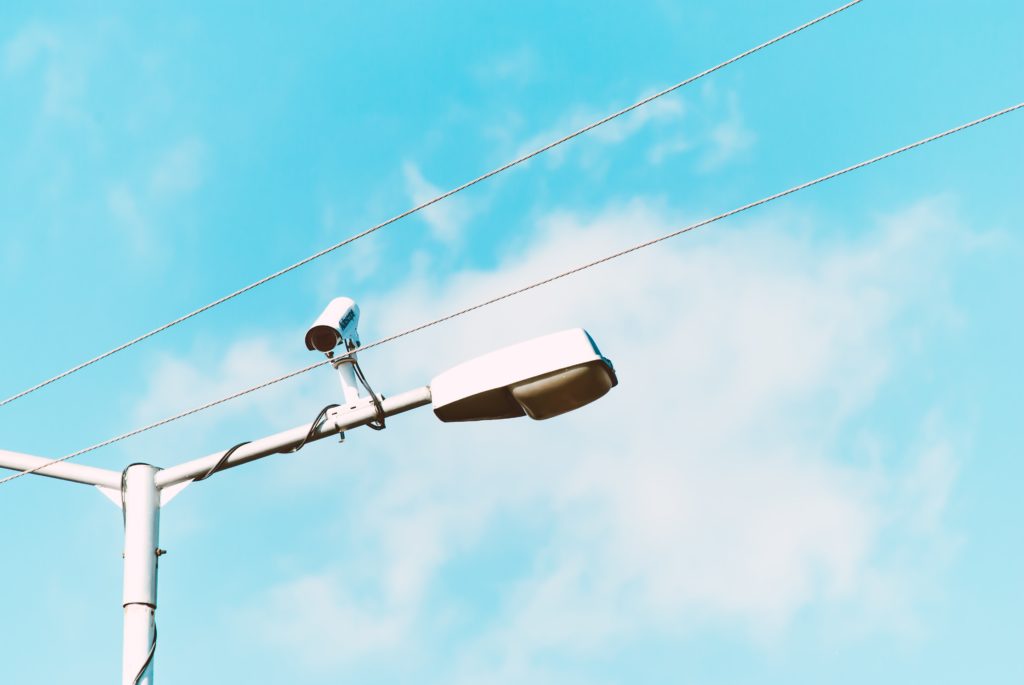
‘Why Minneapolis?’: How Deep Surveillance of Black Muslims Paved the Way for George Floyd’s Murder
June 8, 2020Following the Memorial Day police murder of George Floyd, Minneapolis protesters reclaimed—and burned—the third police precinct, commandeered a hotel for the homeless, and pushed city council to consider disbanding the police department. The uprising inspired protests across the globe but many are still asking, “Why Minneapolis?”
While it seems like an unassuming Midwestern city, Minneapolis has a deeply disturbing history of the surveillance of Blackness; this history not only created the conditions for Floyd’s murder, but shapes the everyday life of Black residents.
Independent journalists like Tony Webster and outlets such as Unicorn Riot have long documented Minneapolis’s love affair with surveillance.
In May, Buzzfeed reported on the numerous surveillance tools that are deployed in and around Minneapolis, such as facial recognition and automatic license plate readers. The report also highlighted how federal agencies like the Drug Enforcement Administration, or DEA, are providing tools to further surveil protesters. But surveillance in Minneapolis is not limited to these tools; it is, instead, a framework that defines the city.